AI Applications
Artificial Intelligence Applications in HR: Revolution or Risk?
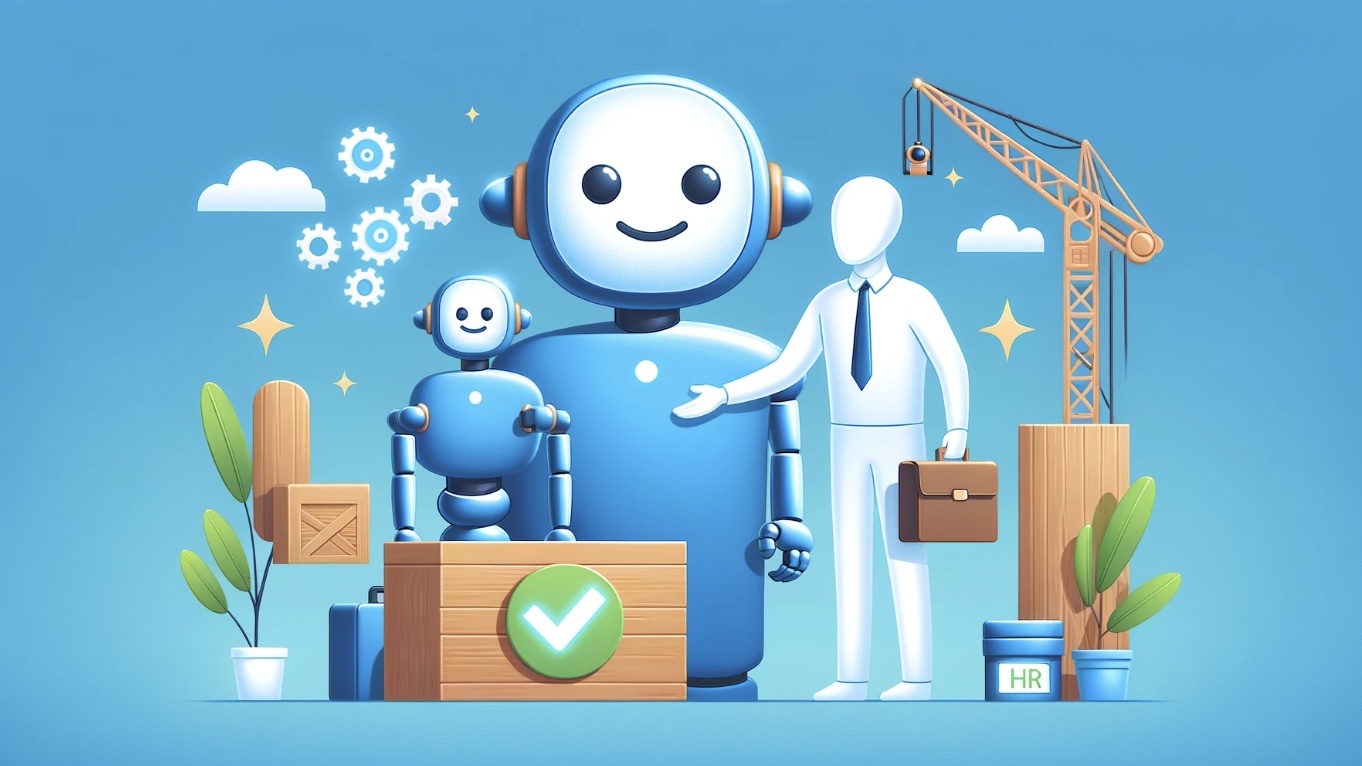
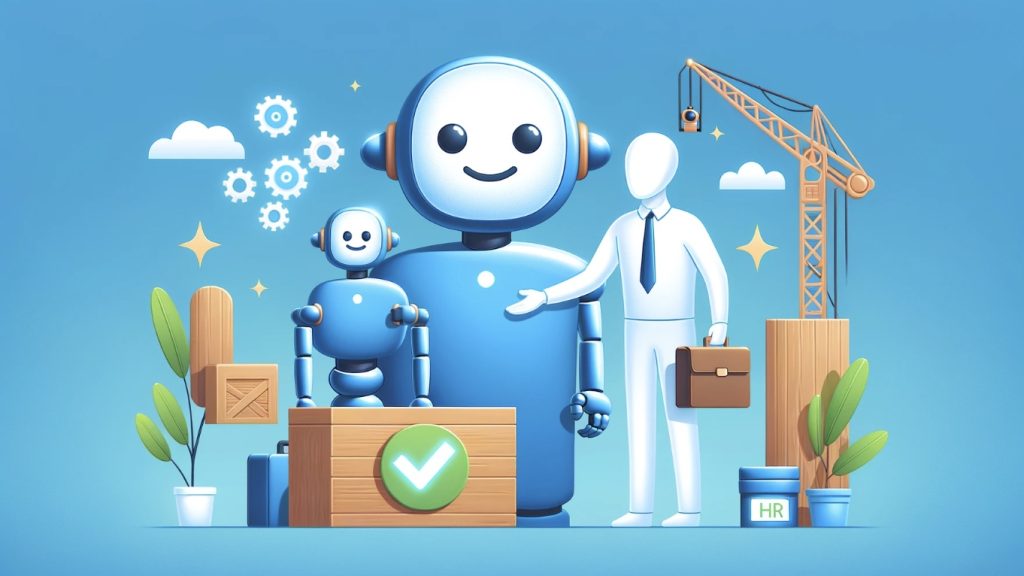
Navigating the new era of Artificial Intelligence applications in HR might not capture your immediate excitement, but its impact is profound and transformative.
In fact, the use of AI in HR is on the rise, with a significant majority of HR leaders planning to expand their AI utilization. AI is progressively integrating into various HR areas such as recruitment, onboarding, performance management and employee engagement.
This integration marks a significant shift, redefining traditional practices into innovative strategies to create a more dynamic, responsive, and effective domain.
AI Applications in HR – Exploring Common Fears and Worries
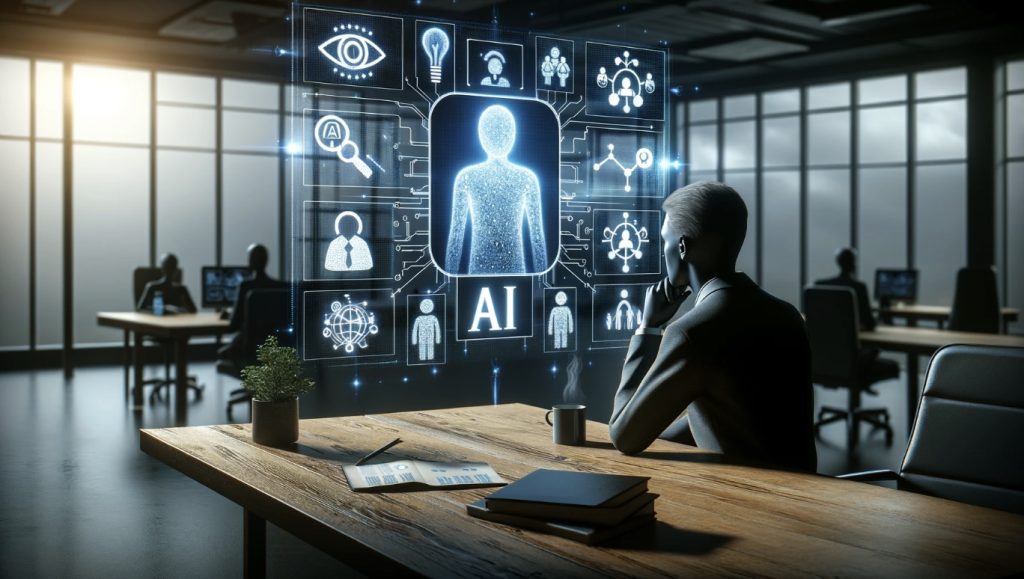
Just like with any new technology, bringing AI into HR industry has caused some worry. There are many different concerns, mainly about unfairness, privacy, and the importance of human decision-making.
The first and the most popular concern begins with the specter of bias. Algorithms, after all, carry with them all the prejudices and preconceptions of their human creators. Let’s face it, this fear is not unfounded; there have been instances where AI systems, used in recruitment, have unfairly favored certain demographics over others, due to biased training data.
Next, the discussion moves to privacy issues. AI systems in HR can sift through lots of personal details, such as someone’s job history or their social media posts. This creates a fear that the workplace is turning into a kind of watchful environment. The concern extends beyond just the fear of privacy breaches; it touches on a deeper anxiety of losing control over their personal data.
Aditionally, there is the fear of erosion of human judgment. HR, at its core, is about understanding people as individuals with unique backgrounds, experiences, and personalities. The concern is that overreliance on AI could depersonalize the HR process, reducing individuals to mere data points and algorithms.
This fear touches on a deeper philosophical question: can artificial intelligence truly comprehend the complexities and nuances of human emotions and relationships?
Will Artificial Intelligence applications replace HR?
The intersection of AI and HR is getting a lot of buzz lately. Many HR professionals express concern because AI and machines are pretty good at performing tasks that humans used to do. After all, AI’s capabilities in automating routine tasks, analyzing large data sets, and even making predictive insights are advancing at an unprecedented rate. But what’s the real score?
A recent study by Advanced found out that 60% of HR professionals think AI will actually make their jobs better. On the other hand, a study from PwC showed that almost two-thirds of companies are thinking hard about what HR will look like because of AI.
While it’s clear that AI will significantly impact HR roles, it’s unlikely to completely replace human HR professionals. Instead, AI is expected to augment HR functions, allowing HR professionals to concentrate more on strategic tasks requiring human judgment and interaction.
For example, AI can transform recruitment processes by automating routine tasks like resume screening and interview scheduling. This way, HR professionals can dedicate more time to engaging with candidates. However, AI’s capacity to replace human roles in HR is limited by certain challenges.
Alex Arundale, Chief People Officer at Advanced:
“It is important for HR professionals to develop skills and competencies that will be crucial in the digital world, such as critical thinking, emotional understanding, creativity and collaboration – as well as gaining more STEM skills.”
5 ways Artificial Intelligence is used in HR
AI is streamlining operations and helping HR professionals focus on what they do best—nurturing and growing the workforce. Here are five innovative ways AI is being utilized in HR:
- Recruitment: AI streamlines the recruitment process by quickly scanning resumes to identify the best candidates. This isn’t just about who has the right keywords in their resume; AI can assess a variety of factors, such as previous work experience, skills, and even how well a candidate’s values match with the company culture.
- Employee Onboarding: Imagine starting a new job and having all your questions answered instantly at any time of the day. AI-powered chatbots can make this a reality. They can provide new hires with necessary information like company policies, job responsibilities, and whom to contact for specific queries.
- Performance Management: AI is transforming performance reviews from a once-a-year event to an ongoing process. Using data and analytics, AI can track employee performance in real-time, providing continuous feedback and identifying areas for improvement.
- Learning and Development: AI is personalizing employee learning by recommending training programs tailored to each employee’s skills, learning pace, and career aspirations.
- Employee Engagement: AI tools can analyze employee feedback, engagement scores, and even social media sentiment to gauge employee morale. They can identify patterns or issues that might not be obvious at first glance, such as a team that’s feeling overworked or a policy that’s unpopular. HR can use this information to address issues before they become major problems.
Top AI Applications & Tools for HR
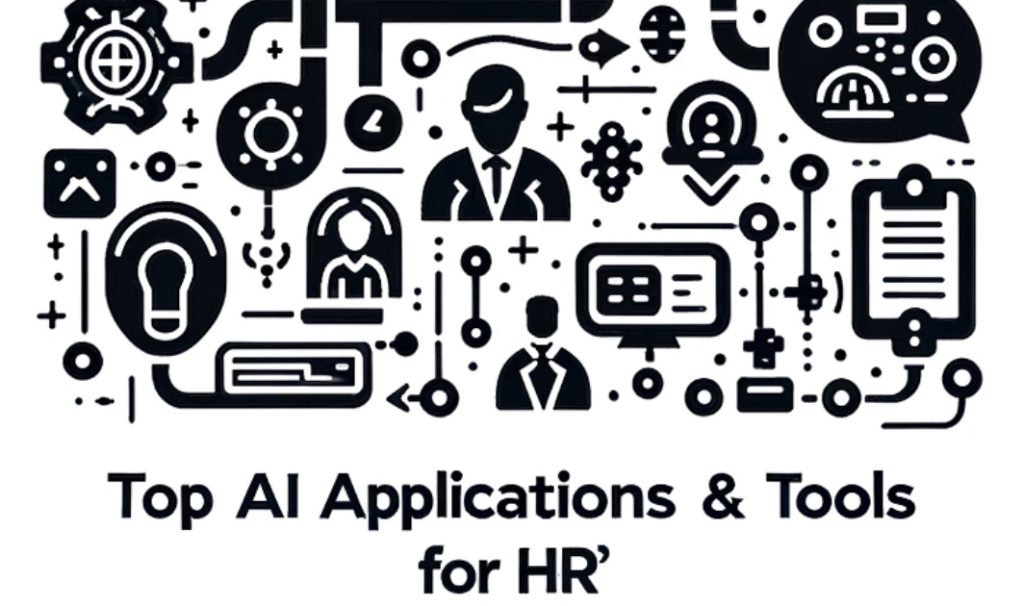
As we’ve seen, AI is changing the game in HR, making processes more streamlined and insights more accessible. But what tools are leading this transformation?
Here’s a look at some top AI tools that are redefining HR practices:
- Screening Software: Tools like Manatal and Workable use AI to automate the early stages of the recruitment process.
- Employee Onboarding: AI-driven platforms like Deel and Remote offer personalized onboarding experiences for new hires. These tools can automate the onboarding, track progress, and even adapt the onboarding journey based on the new employee’s interaction.
- Payroll Automation: AI in payroll systems helps streamline payroll processing, ensures compliance with tax regulations, and can predict future payroll costs.
- Performance Management: AI-enabled performance management systems like Engagedly and Betterworks provide real-time feedback, set and track goals, and analyze employee performance data.
- Employee Engagement: Platforms like Peakon or Glint use AI to gather real-time employee feedback and analyze it for trends and insights.
- Learning Management Systems (LMS): AI-powered systems like Coursera for Business personalize learning experiences, recommend courses based on job roles and skills gaps, and track learning progress.
- HR Analytics: Solutions like Visier and PeopleInsight use AI to analyze vast amounts of HR data, providing insights into productivity, and how changes can impact employee satisfaction.
The future is promising!
Artificial Intelligence Applications for HR are only changing the domain for the better. After all, the automation of routine tasks will let HR professionals to focus on strategic planning and employee relations. Recruitment processes will become more refined, thereby improving organizational cohesion and reducing turnover rates.
In this new world, hiring will be smarter, finding people who fit just right. Training will be custom-made for each employee, helping everyone grow faster. AI will also give advice in real time, helping everyone do better at their jobs.
But, we won’t forget the human touch. As AI does more, the kindness and understanding that only humans can give will become even more important.
So, the future of HR with AI looks great. It is not about replacement but augmentation. It’s a future where HR professionals are empowered with tools and insights to make more informed decisions, craft more meaningful employee experiences, and lead with a blend of analytical precision and human understanding.
AI Applications
10 Uses of Artificial Intelligence in Mental Health
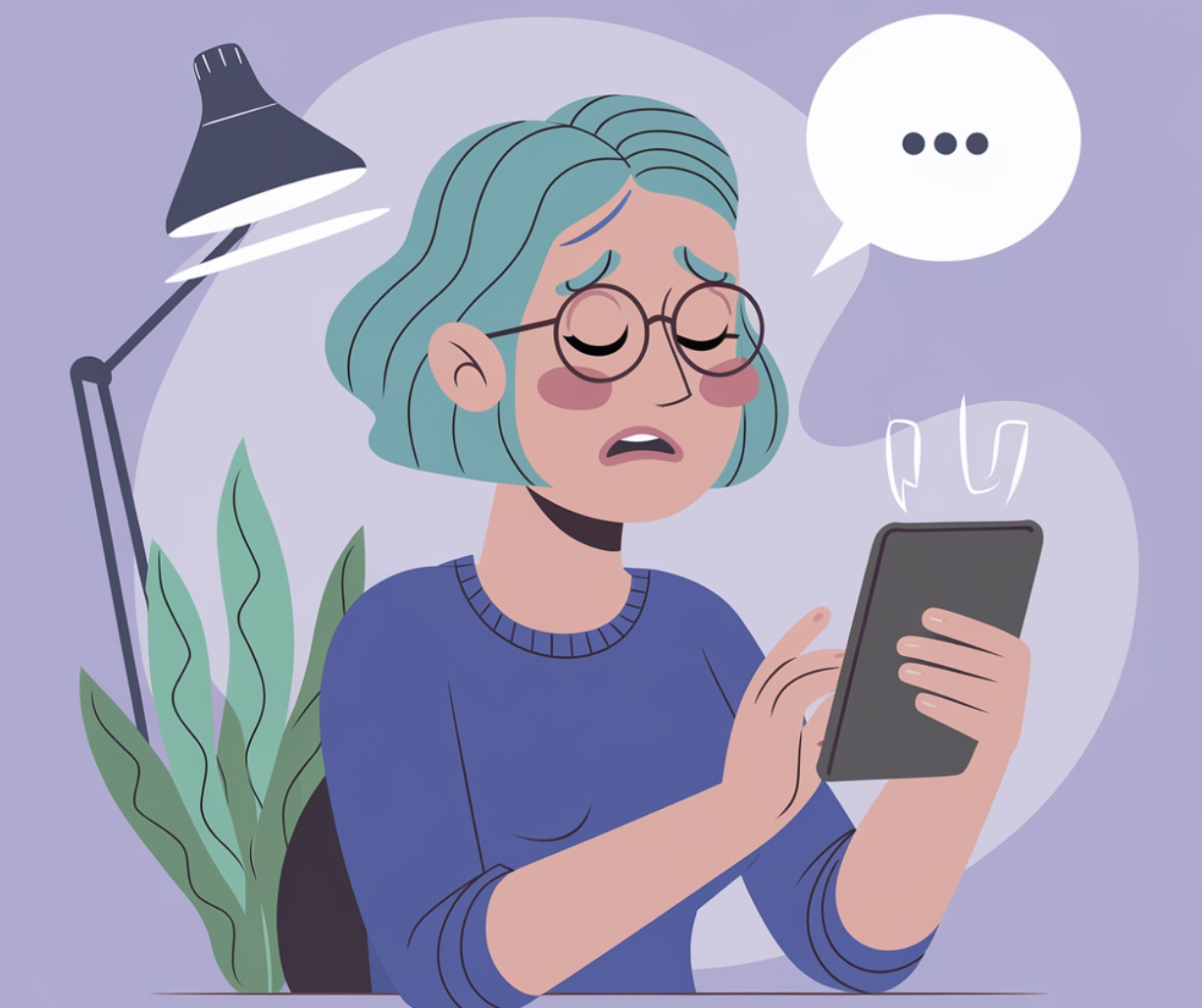
AI is already changing the way we live and work, and now it’s transforming mental health care, too. And, some say AI for mental health is actually making a real difference.
With the most obvious application being AI chatbots for mental health, of course. Using those, people can opt for a meaningful conversation with an AI chatbot instead of waiting weeks to see a therapist. And not just a chatbot – the one that understands how they feel and offers real support with managing anxiety, stress and depression.
The technological transformation couldn’t come at a better time. We are in the middle of a mental health crisis. In the U.S. alone, one in five adults—over 50 million people—experienced a mental illness in 2019-2020, according to Mental Health America’s 2023 report. Globally, around 280 million people are battling depression, based on the latest data from the World Health Organization. The demand for mental health care is massive, and traditional solutions aren’t just enough.
So, how exactly is Artificial Intelligence changing mental health care? Let’s dive into ten ways it’s revolutionizing the field.
1. Can AI Chatbots Really Help with Emotional Support?
Yes! AI-powered chatbots like Woebot and Wysa are designed to help people manage stress, anxiety, and other emotional challenges. These bots can have real conversations with you, offering techniques and exercises based on cognitive-behavioral therapy (CBT). They’re available 24/7, so whether you need a chat at 3 AM or during a lunch break, they’re there for you.
2. How Does AI Detect Mental Health Issues Early?
AI is great at spotting patterns—sometimes even before we realize something’s wrong. Researchers are developing AI tools that can analyze speech, facial expressions, and even social media activity to detect signs of depression or anxiety. For example, a study from JMIR Mental Health found that AI could identify early markers of depression just by analyzing social media posts.
3. Can AI Help Me Find the Right Therapy Faster?
Absolutely. AI can analyze your specific needs and help therapists personalize treatment plans. Platforms like Lyssn use AI to assess therapy sessions, giving therapists insights that help them adjust and improve their approach based on what’s working best for you.
4. Can AI Predict When Someone Might Be at Risk for Suicide?
Yes, AI can be a powerful tool for suicide prevention. By analyzing electronic health records and other data, AI models can identify people at high risk. A study in Nature Human Behaviour showed that AI algorithms could predict suicide attempts with impressive accuracy, giving healthcare providers a chance to step in early.
5. Can Virtual Reality (VR) Help with Mental Health Treatment?
It can! Virtual reality (VR) combined with AI is being used to treat conditions like PTSD and phobias through exposure therapy. Companies like Psious create VR environments where patients can safely confront and overcome their fears in controlled, virtual settings.
6. How Does AI Track Mental Health Trends Using Social Media?
AI is great at combing through large amounts of data, like social media posts, to pick up on mental health trends. This helps organizations like the World Health Organization monitor public mental health in real time, potentially identifying crises or spikes in anxiety and depression across communities.
7. Can AI Understand Emotions Through Voice or Facial Recognition?
Yes! AI systems can analyze your voice tone and facial expressions to detect emotions you might not even be fully aware of. For example, Emotion AI by Affectiva looks at facial cues to offer insights into your emotional state, helping people become more aware of their feelings.
8. How Do AI Apps Make Meditation More Effective?
Apps like Headspace and Calm use AI to tailor mindfulness and meditation exercises based on your progress. These apps learn what works best for you over time and can adjust sessions to better suit your mood and needs.
9. Can AI Improve Mental Health Research?
AI is making huge contributions to the research in the field by analyzing large datasets to uncover patterns and connections that humans might miss. Organizations like the National Institute of Mental Health (NIMH) are using AI to develop better treatments and interventions by studying complex mental health conditions more efficiently.
10. Can AI Help Train Mental Health Professionals?
It sure can! AI simulations and virtual patients are being used to train mental health professionals. Platforms like Kognito offer role-play simulations that help clinicians practice conversations about mental health, making training more interactive and practical.
Why Is There Such a Growing Need for AI in Mental Health?
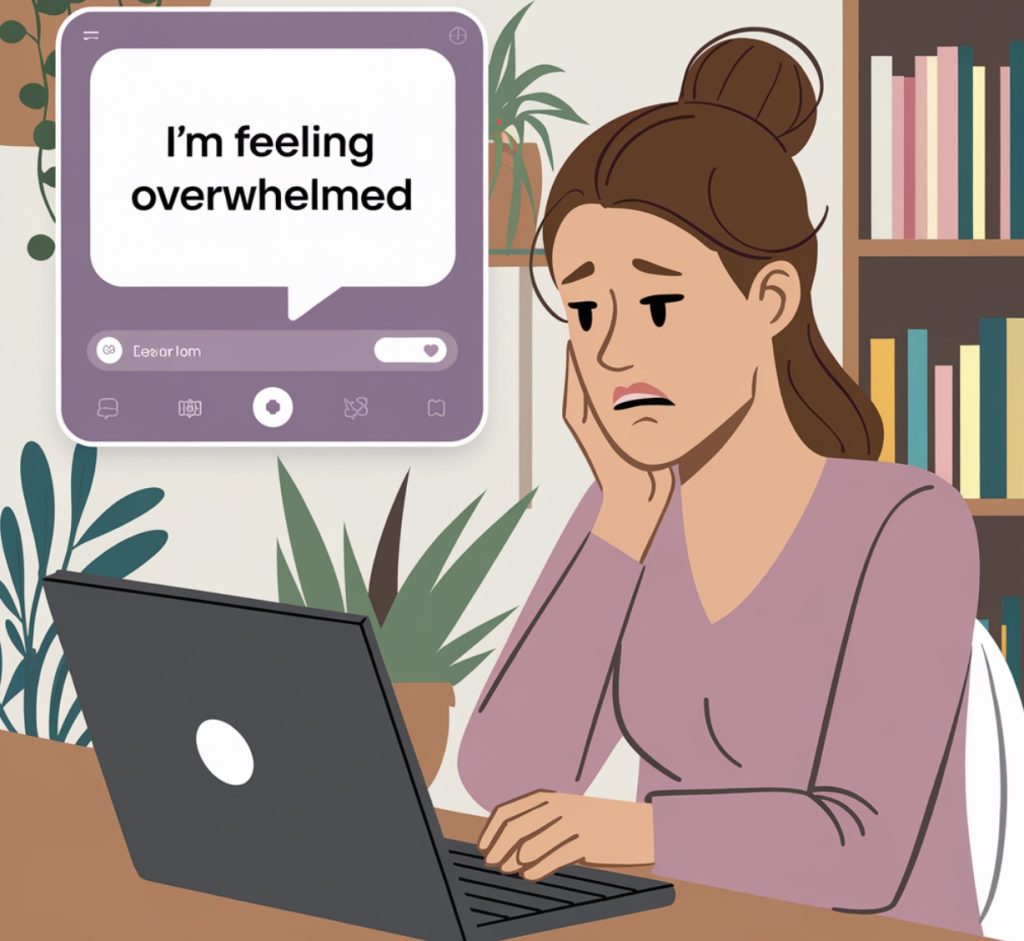
The COVID-19 pandemic triggered a global mental health crisis, with anxiety, depression, and stress becoming more widespread than ever. Traditional mental health services are overwhelmed, and getting an appointment with a psychiatrist can take months. And even when you do, the diagnosis is often subjective, which can delay the right treatment.
How Is AI Disrupting the Mental Health Space?
AI offers solutions that traditional methods can’t. It helps:
- Reach More People: Tools like chatbots are available anytime, anywhere, so more people can access mental health support, even those in remote areas.
- Reduce Stigma: AI tools can be used anonymously, which helps people feel more comfortable seeking help without the fear of being judged.
- Relieve Overburdened Systems: AI can handle many tasks—like monitoring symptoms or offering emotional support—freeing up professionals to focus on more complex cases.
The future of mental health care lies in blending AI with human expertise. According to a review in the Journal of Medical Internet Research, while its potential to enhance mental health care is immense, we still need to address ethical concerns, such as privacy and the need for human empathy in therapy.
What’s Next for AI and Mental Health?
AI isn’t going to replace therapists, but it’s a fantastic tool to support both patients and mental health professionals. It can help make care more personalized, accessible, and effective for everyone. As long as it’s implemented responsibly, AI could be a key part of solving the global mental health crisis.
AI Applications
Microsoft Rolls Out AI Agent—The Digital Employees Taking Over Work
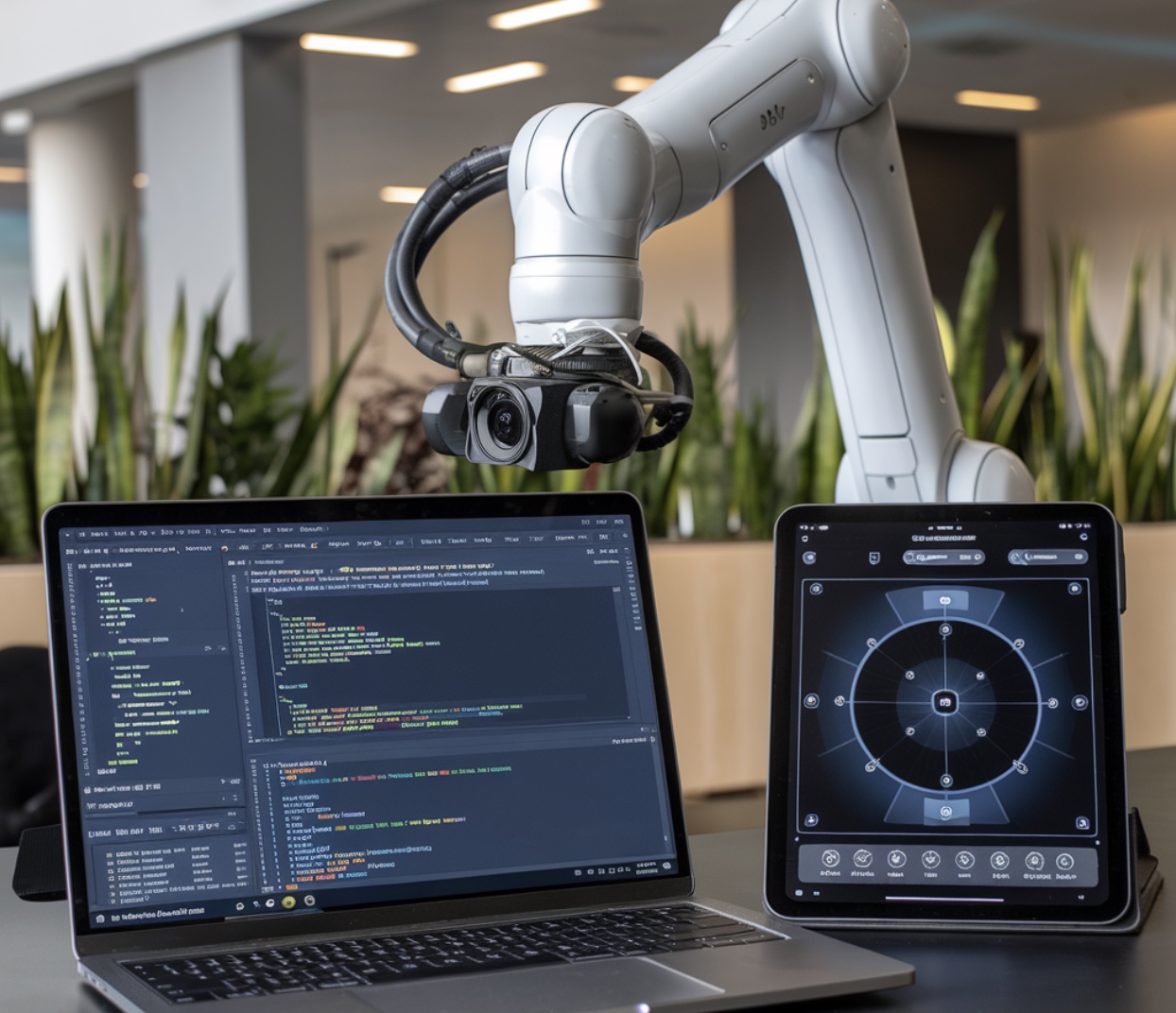
In the past few months, big players like Salesforce and HubSpot have launched AI-powered agents. Now, Microsoft is stepping in too a major announcement of AI agents through their Copilot Studio platform. AI agents, or AI employees.
So, what exactly are AI agents, and how can they help you? Let’s break it down.
What is Microsoft’s AI Agent in Copilot Studio?
Microsoft’s AI agents are like digital workers that can take over many tasks for you. Need help handling emails or customer requests? These agents can do that. Want someone (or something) to scan documents, prepare reports, or manage schedules? AI agents can handle those tasks, too.
So, what’s included in Microsoft’s AI agents?
- Pre-built templates: You can use templates for things like helpdesk support, HR tasks, or sales follow-ups. This means you don’t have to start from scratch.
- Custom agents: You can customize these AI agents to fit your exact needs. Can be processing customer inquiries or automating workflows. Like, anything you need.
- Rules and triggers: The AI agents can be programmed to respond automatically to events, like an incoming email or a customer request.
- Seamlessly integrated: Microsoft’s AI agents work with platforms like Salesforce and Microsoft Fabric, so they’ll fit right into your existing systems.
How are businesses using AI agents right now?
Here’s an example. McKinsey, a major consulting firm, is already using Microsoft’s AI agents. In their demo, the AI agent receives an email from a client requesting a meeting. The agent processes the request, checks their internal systems, and forwards everything to the right person. It even attaches all the necessary information. And it all happens automatically—just from an email.
More organizations like Clifford Chance, McKinsey & Company, Pets at Home and Thomson Reuters are too building their own customized agents to answer their corporate needs.
Microsoft has already launched Copilot Studio, but a more broad release is expected by mid-to-late 2025.
Why should you care about AI agents?
So, why should your business care about this new wave of AI agents? The answer is simple: time and cost savings.
Think about all the time spent on repetitive tasks—scheduling meetings, writing follow-up emails, or managing support tickets. These AI agents can handle it all. That means you and your team can focus on more important things, like strategy and innovation.
Here’s what AI agents can do for you:
- Save time by automating repetitive tasks.
- Reduce costs by taking over routine work that normally requires staff.
- Improve accuracy by performing tasks consistently without human error.
- Scale up quickly as your business grows without needing to hire more people.
What tasks can Microsoft’s AI agents handle?
AI agents are like having a digital assistant for your business. They can help with:
- Preparing reports and presentations
- Conducting competitor research
- Managing customer service inquiries
- Analyzing documents
- Writing code or monitoring system alerts
Imagine how much easier your workday would be with an AI agent handling these tasks for you.
Are AI Agents Replacing Jobs?
Of course, there are concerns about how AI might impact employment. Will these digital employees replace human workers? According to Charles Lamanna, a corporate vice-president at Microsoft, the goal is not to take jobs but to enhance them. AI agents are designed to handle the monotonous tasks, not the critical thinking and decision-making that humans excel at – at least for now. As Autogen AI agents, which are designed to debate and make decisions, continue to evolve, that could change in the future.
AI tools like these are being pitched as empowerment tools, helping employees become more efficient in their roles. Rather than replace workers, Microsoft sees AI agents as tools that allow people to spend more time on the meaningful aspects of their jobs.
The potential of AI agents is massive.
Especially as the AI industry is under pressure to prove that all the money invested in it will pay off. Investors have put billions into AI, expecting to see tangible results – not just in the tech advancement, but there’s a growing demand to see it directly improve business performance and generate a return on investment (ROI).
AI agents are one of the expected ways to show provide this. They can automate tasks, boost efficiency at anything from customer service to supply chain management.
But it’s not just about showing potential anymore—investors want to see real-world results. They’re looking for AI tools that can save money, improve processes, and increase revenue. The pressure is on AI companies to prove that these tools can work in everyday business, not just in controlled settings.
At the same time, AI needs to get even better to match human abilities. While AI agents can handle routine tasks, there’s still work to be done before they can fully take over more complex decisions. Closing this gap between what AI can do now and what it could do in the future is key to showing its full value.
Final Thoughts
It is now clear that AI agents and MAS will take over most of the repetitive work, reshape our economy the future of business.
But as with any technology, the true test will be how quickly businesses adopt these AI agents and integrate them into their daily workflows. Microsoft’s team envisions that AI agents will become as essential as personal computers in the workplace.
The question is: Are you ready to let digital employees take over the busywork?
AI Applications
AI Video Ads? Meta’s MovieGen Could Be Creating the Ads You Can’t Escape
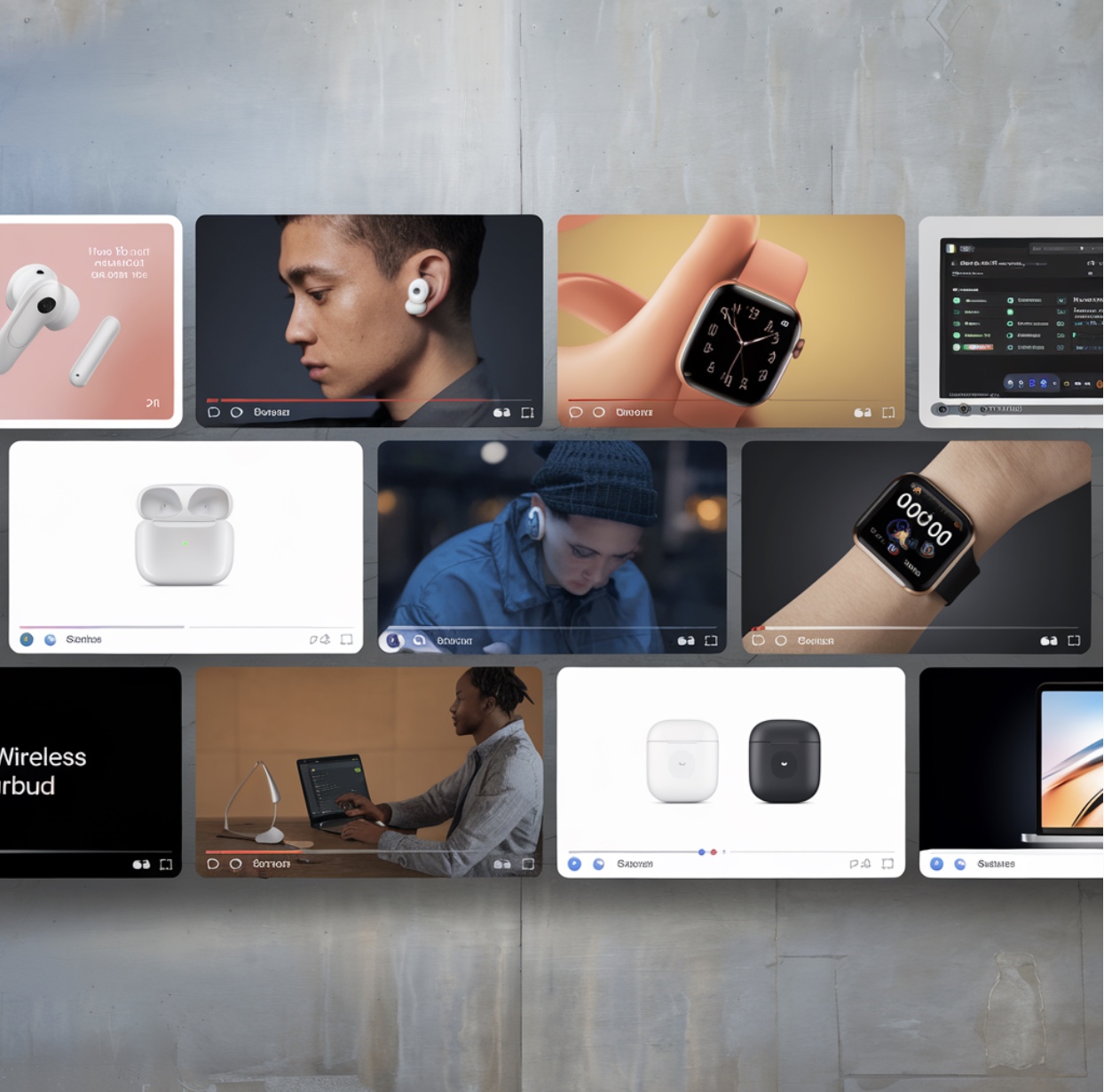
Are AI video ads about to take over our screens and, well, minds? Meta’s latest tool, MovieGen, may just make that possible. Although it wasn’t specifically designed for advertising, the potential applications for AI-generated video in marketing are clear. It seems that personalized, hyper-targeted ads are just around the corner, and in ways we’ve never seen before.
What is MovieGen?
MovieGen is powered by two advanced AI models:
- MovieGen Video: A 30-billion parameter system that generates 16-second, high-definition videos based on just a few words.
- MovieGen Audio: A 13-billion parameter audio model that creates realistic sounds, background music, and effects to match the video, syncing seamlessly with the content.
As outlined in their research paper, these models work together to both create dynamic, high-quality videos from scratch and edit existing ones. And, the fully-rendered video complete with audio.
The tools allows outstanding editing capabilities too. Want to change the background of your video? Simply type in a new description. Need to remove or add an object? MovieGen can localize those changes without affecting the rest of the scene.
Early users have demonstrated how the AI can alter a video of someone throwing a ball, replacing it with a watermelon while keeping the rest of the video intact. This level of precision makes MovieGen not just a video creation tool but an AI-powered editing suite that even non-experienced users can handle.
Why MovieGen Could Change Advertising Forever
Let’s talk examples. Say, a a fashion brand launching a new shoe line. With MovieGen, the brand can automatically generate hundreds of variations of the same ad, each one personalized based on:
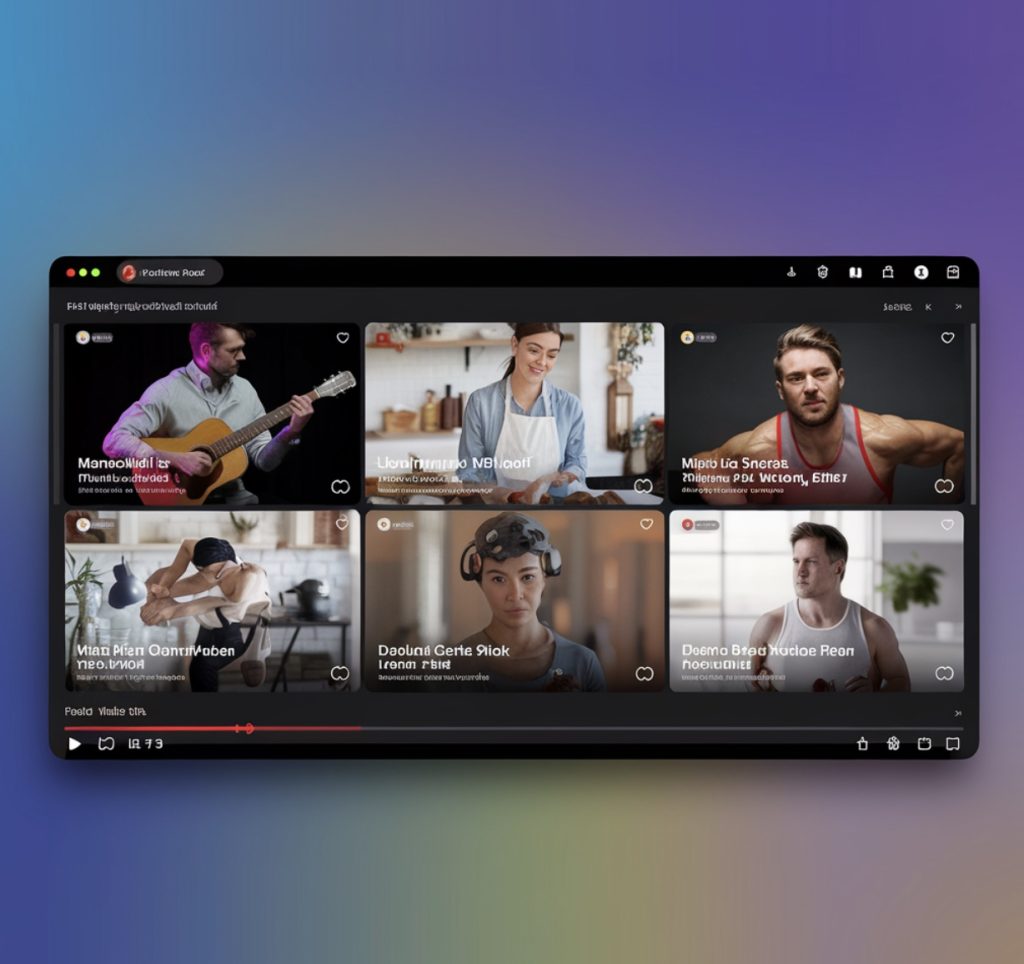
- Location: A user in California could see a sunny beach setting, while someone in New York might see a bustling city backdrop.
- Behavior: A fitness enthusiast might see the shoes in an active, sporty environment, while a casual user might see them styled in everyday, urban wear.
- Preferences: Users who favor minimalist design might see a sleek, modern presentation, while others might get a more dynamic, colorful visual experience.
MovieGen also allows brands to adjust ads in real-time, making it easy to test different styles and messages. No need for a big production team, as adjustments can happen instantly based on feedback or results.
Ads You Can’t Ignore? The Good, The Bad, and The Future
MovieGen doesn’t just make ads easier to create—it makes them harder to ignore.
These ads can be personalized in a way that feels almost impossible to look away from. You’ll start seeing ads that seem like it was made just for you—your favorite colors, the type of content you engage with, all synced with audio that grabs your attention.
Clearly, MovieGen and its competing tools like Runway, Pika, and other generative AI tools for video editing and creation represents a huge leap forward. Personalized ads that these tools allow to produce so easily will lead to higher engagement, better conversions, and lower production costs. And for Meta, MovieGen could supercharge its advertising business, giving brands tools to create immersive, interactive ad experiences across their platforms.
What’s inevitable? With AI-generated content flooding platforms like Instagram, Facebook, and WhatsApp, there’s a good chance we could be bombarded with ads so well-crafted for us that they’re inescapable.
Meta’s Ad Business is transforming to AI Video Ads Business?
Meta has long been a leader in data-driven advertising, but MovieGen could take it to the next level. With AI video and audio generation incorporated into their advertising tools, Meta could offer brands an all-in-one platform to:
- Create, edit, and optimize ad content in real-time.
- Reach users with hyper-personalized, highly engaging ads that are crafted specifically for them.
- Minimize production costs by eliminating the need for large-scale video shoots and post-production editing teams.
Meta’s MovieGen is here to change how ads are both made and delivered. With the ability to create thousands of personalized AI videos ads at once, the very essence of the way people interact with brands is likely to change dramatically. These ads won’t just be seen—they’ll be experienced, in ways that are immersive, dynamic, and extremely personal. For better or worse.
-
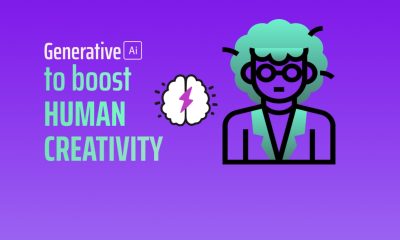
 AI Applications5 months ago
AI Applications5 months agoHow Human Imagination and AI Team Up to Create Awesome Content
-
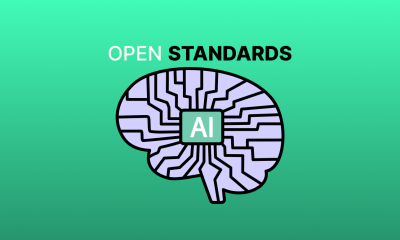
 AI Regulation4 months ago
AI Regulation4 months agoOpen Standards for Responsible AI: The Engine Driving Ethical Innovation
-
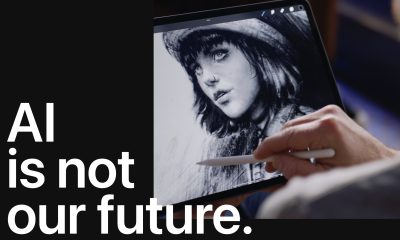
 AI Applications4 months ago
AI Applications4 months agoProcreate on Generative AI: “We’re never going there”
-
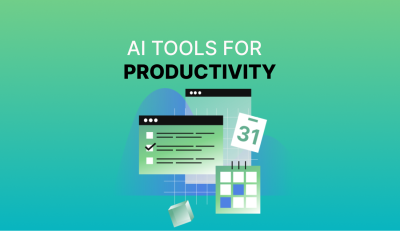
 AI Tools4 months ago
AI Tools4 months agoCutting-Edge AI Tools for Enhanced Productivity and Workflows








